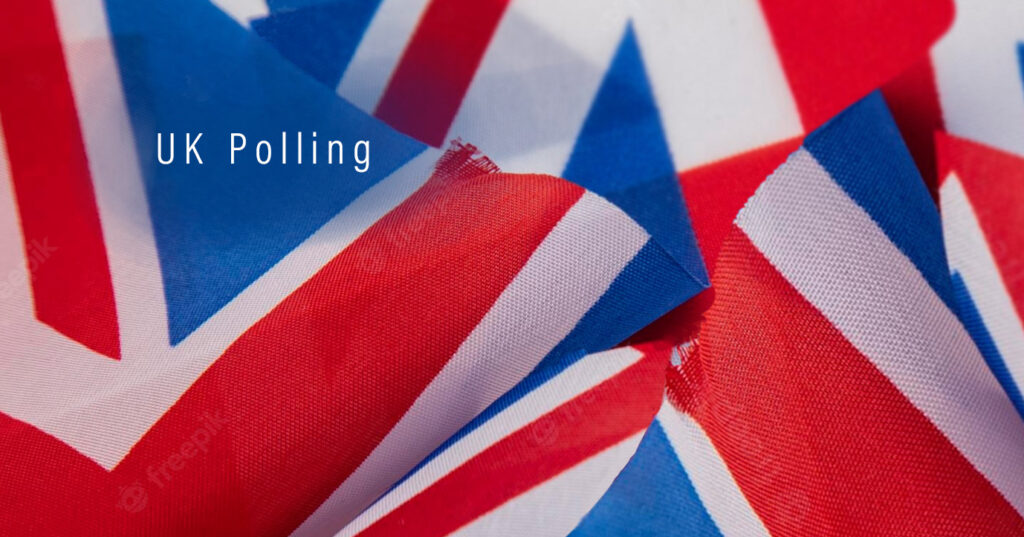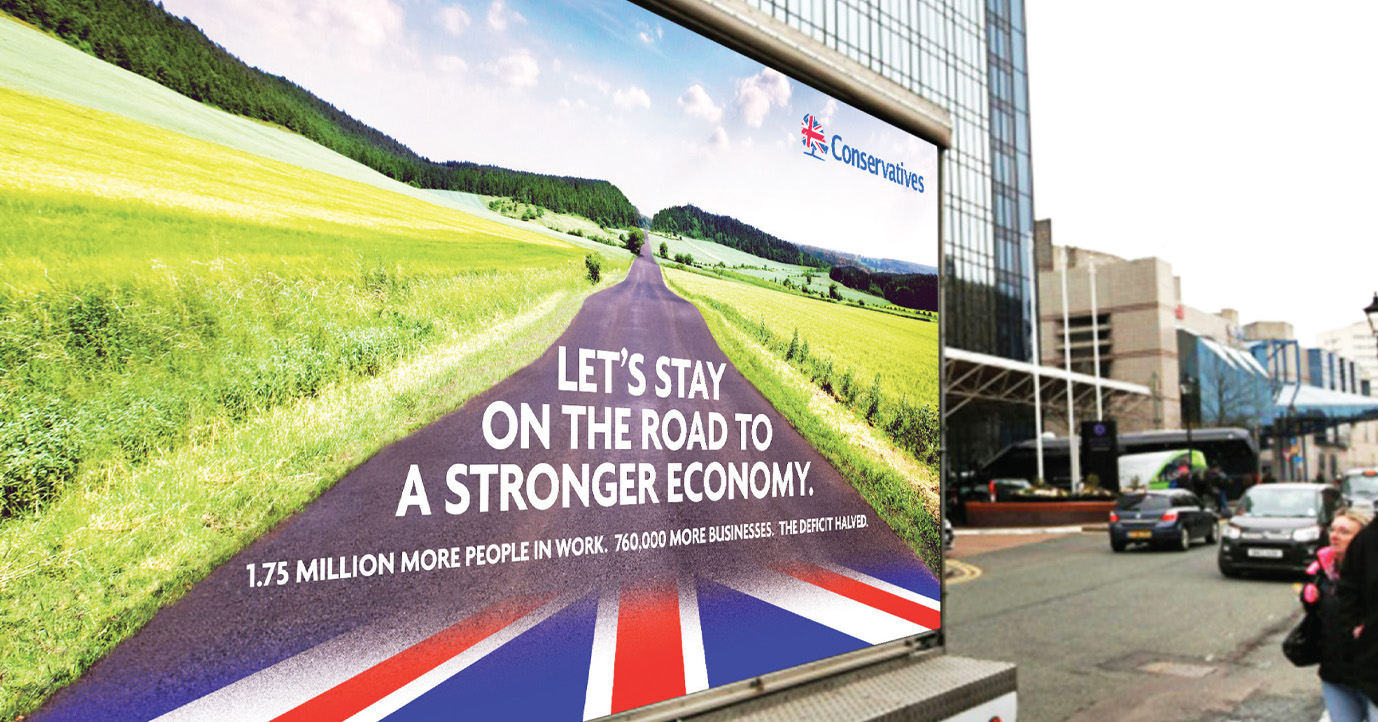
For the first time in more than two years, the Conservatives are ahead in a national voting intention poll. The first of my weekly telephone surveys has found a two-point Tory lead: Conservative 34%, Labour 32%, Lib Dems 9%, UKIP 15%. Those who are not familiar with my research may think it is more than a coincidence that a Tory like me should produce the first Conservative lead in a national survey for more than two years. Regular readers, I hope, would point them to my previous polling and commentary, in which I have not shied away from pointing out uncomfortable truths to all parties. Indeed the lamentable practice of “comfort polling” – trying to demonstrate you are doing better than you really are – is one of the things that prompted me to start my own research in the first place.
In fact one thing I should point out is that the Tory lead is somewhat more slender than it looks: if one fewer interviewee had named the Conservatives the party’s score would have been rounded down to 33% rather than up to 34%, and the lead would be down to one point. As I was saying earlier, margins of error could play a starring role in this election and this is exactly why.
The poll found that David Cameron is the only leader who is rated more highly than his party. Interestingly for proponents of the theory that the Tories have a particular problem with female voters – which my previous analysis suggests is mistaken – women gave Cameron slightly higher marks (-3.33 on a scale from -100 to +100) than he received from men (-4.46). UKIP supporters were the most enthusiastic about their own party, awarding it 64.35; the uncharitable might say this is because it hasn’t had the chance to let them down yet. Ed Miliband has the distinction of being the only leader or party to receive a lower rating from swing voters (-10.72), defined as those who say they don’t know how they will vote or who name a party but say they may change their mind, than from the electorate as a whole (-8.83).
Two thirds of voters think either that the economy is not yet recovering from the recession (21%) or, more likely, that it is recovering but they have yet to feel any benefit (46% – including a majority of Labour and UKIP voters). Only 12% say “the economy is recovering from the recession and I am feeling better off as a result”. How will the balance of those two figures change in the months before polling day? One in five, including a quarter of Tories and Lib Dems, say the recession did not really make them any worse off in the first place.
My question on the Lib Dems’ influence within the coalition has proved timely, given the intrigue at the Department for Education. Voters are more likely to think the Lib Dems do not have enough influence over the decisions of the coalition government (42%) than to think they have the right amount (31%). Not surprisingly Conservative voters are twice as likely to think the Lib Dems have too much influence (35%) as voters in general (17%). It is perhaps rather more unexpected that only 62% of Lib Dem voters think their party has too little say in the government’s decisions.
The poll also reminds us that with a year to go, nothing is settled. Just under half of those naming a party (48%) said they would definitely vote that way; 52% said they may yet end up voting differently. Small majorities of Labour and UKIP voters said they had made their minds up – but since 47% of each group say they could see themselves reconsidering, along with 52% of Tories and 61% of Lib Dems – there is still plenty of potential for movement.
Also bear in mind that polls like this give an overview of national opinion. That matters, but don’t forget the marginal seats. My first report on the key battlegrounds will be published later this month. Sign up for news alerts at LordAshcroftPolls.com to make sure you don’t miss it.


